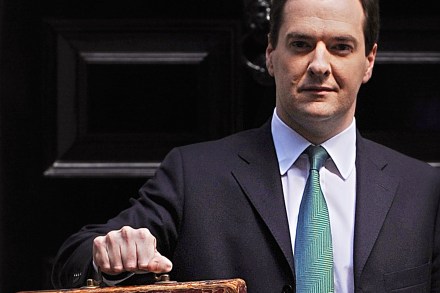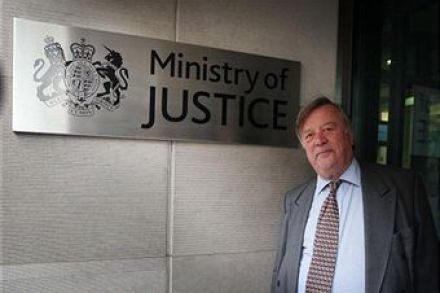The wrong Blanchflower: Jackie would have understood the need to cut now
Martin Vander Weyer’s Any Other Business I once heard an after-dinner speech by Jackie Blanchflower, brother of the great Spurs captain Danny. Jackie also played professional football, for Manchester United, but his career was cut short by his injuries in the 1958 Munich air crash, in which eight of his fellow ‘Busby Babes’ died. Thereafter he scratched a living as a publican, a bookie and an accounts clerk, and by the time I saw him, not long before he died in 1998, he looked so knackered that I wondered whether he would be capable of standing to speak. But he did, and delivered an unforgettably funny and poignant account of











